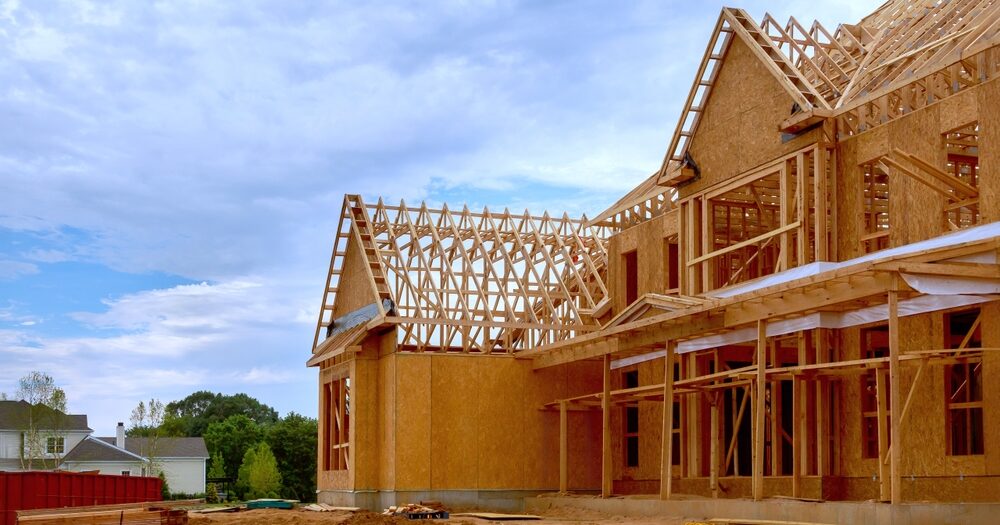
Building a new home is such an exciting time! You get to make all sorts of decisions, from the layout to the light fixtures. But one of the most crucial choices, and one that often gets a little less glamorous attention, is your HVAC system. Picking the right heating, ventilation, and air conditioning (HVAC) system from the get-go is essential for long-term comfort, energy efficiency, and even the air quality inside your beautiful new space. So, let’s roll up our sleeves and figure out how to make the best choice for your new construction.
Why This Decision Matters (Big Time!)
Think of your HVAC system as the lungs and circulatory system of your home. It’s responsible for keeping you comfortable year-round, ensuring good airflow, and even impacting your health. Installing the wrong system can lead to:
- Uneven temperatures: Some rooms feeling like a sauna while others are chilly.
- High energy bills: An inefficient system will constantly be working harder than it needs to.
- Poor indoor air quality: Leading to allergies, asthma flare-ups, and general discomfort.
- Premature system failure: Requiring costly repairs or replacements sooner than expected.
Getting it right from the start saves you a whole lot of headaches (and money!) down the line.
Key Factors to Consider: Your HVAC Blueprint
Choosing the right HVAC isn’t a one-size-fits-all situation. Here are the crucial elements you’ll want to think about:
-
Climate: Your local climate is key! Whether it’s hot summers or cold winters (or both!), it dictates the type and size of HVAC you’ll need. A local pro understands these demands best.
-
Home Size and Layout: Big, multi-story homes with lots of windows have different HVAC needs than smaller, simpler layouts. Square footage, room count, ceiling height, and even sun exposure determine the right system size (BTUs for heating, tons for cooling). Right-sizing prevents strain and inefficiency.
-
Budget (Upfront & Long-Term): Initial HVAC costs vary. While cheaper might seem appealing, factor in long-term energy savings and potential repair costs of a more efficient system.
-
Energy Efficiency Goals: Aiming for net-zero or just lower bills? Look for high SEER (cooling) and AFUE (heating) ratings.
-
Indoor Air Quality: If allergies or asthma are a concern, consider systems with advanced filters, humidifiers, or dehumidifiers for healthier air.
-
Zoning: Want different temps in different rooms? Zoning systems offer personalized comfort and energy savings, especially in multi-story homes or those with varied sun exposure.
Types of HVAC Systems to Explore
Here’s a quick rundown of common HVAC system types:
- Forced Air Systems (Furnace and Air Conditioner)
- Heat Pumps
- Ductless Mini-Split Systems
- Boiler Systems (Radiant Heating)
Questions to Ask Your HVAC Contractor
Don’t be afraid to ask questions! Here are a few to get you started:
- What size and type of system do you recommend?
- What are the SEER and AFUE ratings of the systems you’re proposing?
- What are the estimated annual operating costs for each option?
- What are the warranty details?
- Do you offer any options for improving indoor air quality (filtration, humidification, ventilation)?
- What experience do you have with new construction?
- Can you provide references from previous clients?
Contact Texas Ace Heating & Air for All Your New Construction HVAC Needs in Dallas-Fort Worth and the Surrounding Areas
Choosing the right HVAC system for your new construction home is an investment in your comfort, health, and the long-term value of your property. By considering the climate, your home’s design, your budget, and your energy efficiency goals, and by working with experienced professionals like Texas Ace, you can make an informed decision that will keep you comfortable in your beautiful new home for years to come. Contact us today for all your new construction HVAC needs! We proudly service Dallas-Fort Worth and the surrounding areas.